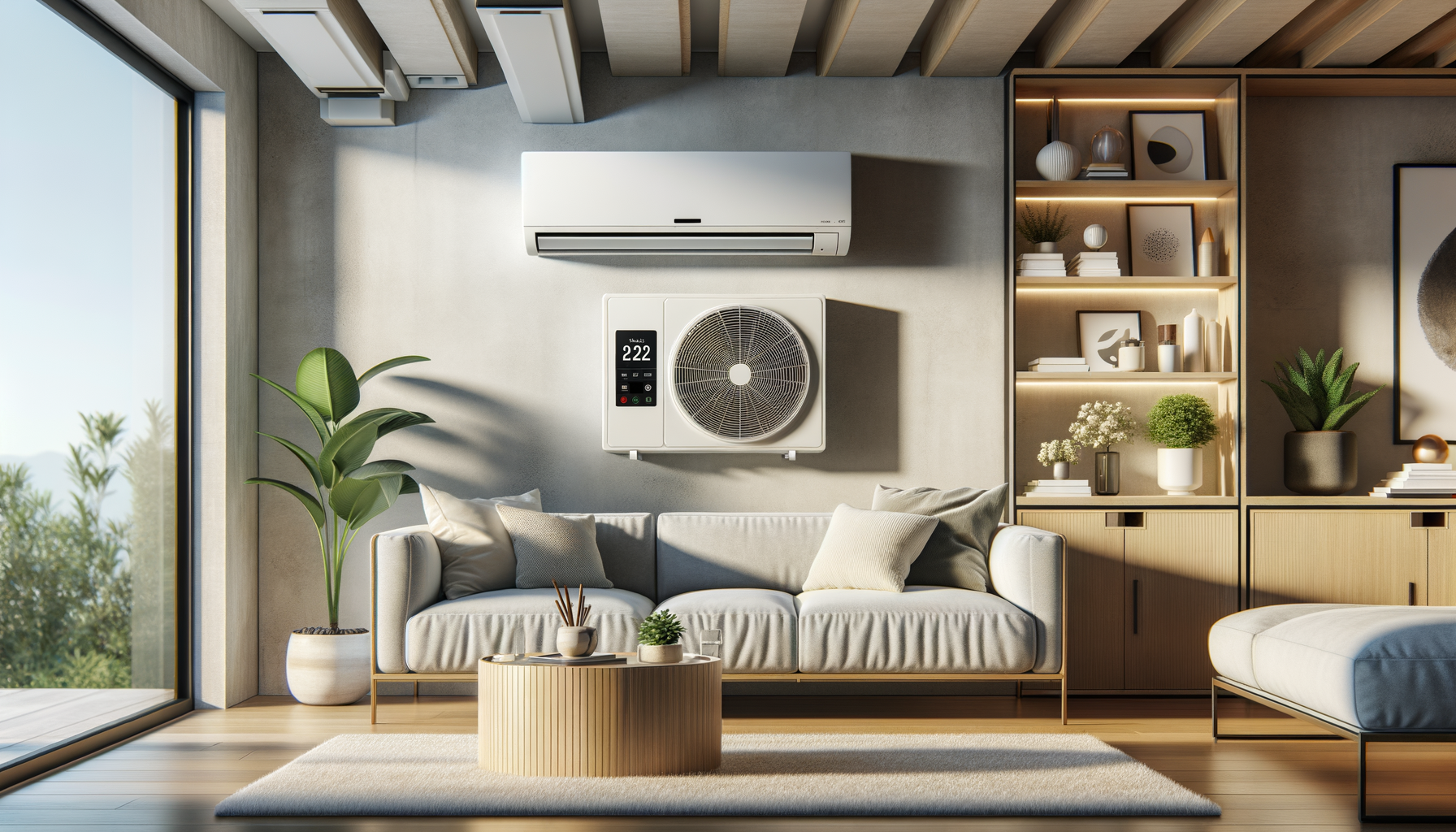Introduction to Ductless Air Conditioners
Ductless air conditioners, often referred to as mini-split systems, are gaining popularity as a versatile cooling option for homes. Unlike traditional central air conditioning systems, ductless units do not require extensive ductwork. This feature makes them an attractive choice for homeowners looking to cool specific areas without the hassle of installing ducts. These systems consist of an outdoor compressor unit and one or more indoor air-handling units, connected by a conduit. The absence of ducts not only simplifies installation but also enhances energy efficiency, making them a smart choice for modern homes.
Advantages of Ductless Air Conditioners
The benefits of ductless air conditioners extend beyond their flexible installation. One of the primary advantages is their ability to provide targeted cooling. This feature allows homeowners to control the temperature of individual rooms or zones independently, which can lead to significant energy savings. Additionally, ductless systems are known for their quiet operation, as the noisy compressor is located outside the home. This results in a more comfortable indoor environment. Moreover, the absence of ducts means there is less chance for air leaks, which are common in traditional systems and can lead to energy loss.
- Energy-efficient operation
- Quiet performance
- Zone-specific temperature control
- Reduced risk of air leaks
Installation and Maintenance
Installing a ductless air conditioner is generally simpler and quicker than traditional systems, as it does not require ductwork. This makes them an ideal choice for older homes or buildings where installing ducts is impractical. Professional installation is recommended to ensure optimal performance and efficiency. Once installed, maintenance of ductless systems is straightforward. Regular cleaning of filters and checking the outdoor unit for debris are key tasks to keep the system running smoothly. With proper care, ductless air conditioners can provide reliable service for many years.
Environmental Impact and Efficiency
Ductless air conditioners are often praised for their energy efficiency, which is not only beneficial for homeowners’ wallets but also for the environment. By allowing users to cool only the spaces that are in use, these systems reduce unnecessary energy consumption. Additionally, many ductless models use environmentally friendly refrigerants, which have a lower impact on the ozone layer compared to older systems. This combination of energy efficiency and eco-friendly technology makes ductless air conditioners a responsible choice for environmentally conscious consumers.
Is a Ductless Air Conditioner Right for You?
Determining whether a ductless air conditioner is the right fit for your home depends on several factors. Consider the layout of your home and the areas that require cooling. Ductless systems are particularly advantageous for homes with limited space for ductwork, or for cooling additions and specific rooms. They are also a great option for households looking to reduce energy consumption and lower utility bills. If these factors align with your needs, a ductless air conditioner could be a practical and efficient solution for maintaining comfort in your home.








